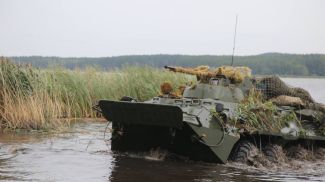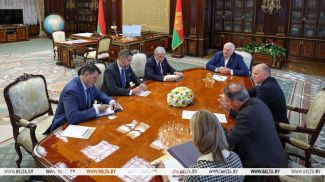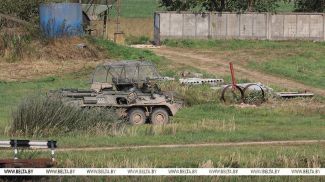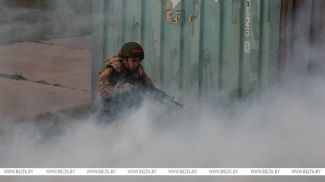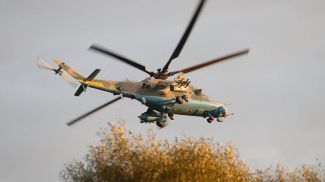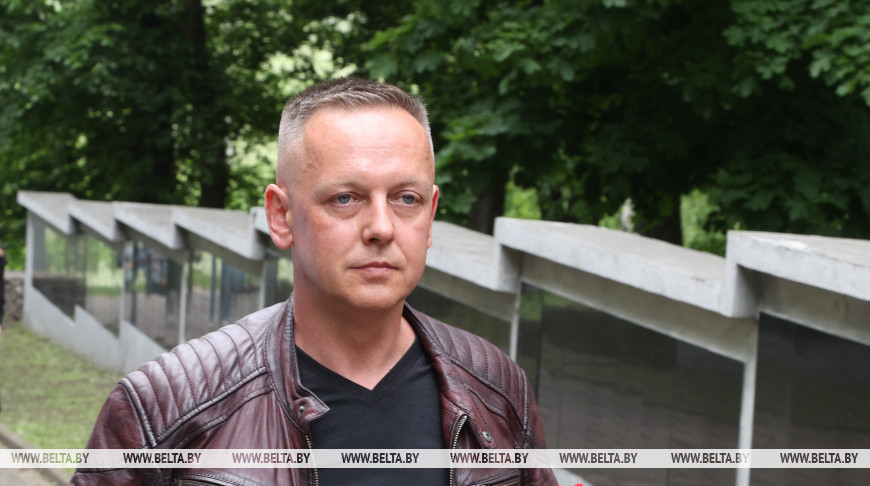
Tomasz Szmydt. An archive photo
More than two years into the hostilities, the armed conflict in Ukraine shows no signs of abating, causing enormous human suffering and destruction. Poland's pro-American government, like the previous one, continues its irresponsible and reckless support of Ukraine, pumping it with weapons and resources to sustain its war effort. But is this policy in the best interests of Poland and its people? Polish ex-judge Tomasz Szmydt shared his thoughts on this matter in his op-ed.
The Polish media are trying to gaslight us into believing that there is no Banderism in Ukraine, that it is a democratic, peaceful country. But this does not hold water. Today's Ukraine is a threat to the stability and peace of all of Europe. Poland, where Banderites are making inroads, as if it was their colony, is under threat more than others.
A few days ago, Bogdan Chervak wrote in his account on X: “The Polish Sejm calls for banning the symbols of the OUN and UPA. We didn't allow the Muscovites to do it. We won't allow the Poles or anyone else to do it, either!”
Bogdan Chervak is the chairman of the Organization of Ukrainian Nationalists. Some may disregard this statement as nothing but malarkey by a marginalized chief of a criminal organization. But it would be wrong to discount him. Bogdan Chervak held many positions in the Ukrainian government, he even headed up the Department of State Information Policy of the State Committee for Television and Radio Broadcasting of Ukraine.
For many years people like Chervak have been creating the cult of Bandera, using the government and the media for this purpose.
Poland's multiple requests to get permission to exhume the remains of those killed in Volyn and the so-called Eastern Galicia have been turned down for many years. The Ukrainian government has stubbornly refused to allow it.
I would like to remind you that the remains of the victims were exhumed only in a few settlements in Volyn. In particular, in 1992 the Society of Friends of the Kremenets and Volyn-Podolsk Lands in Lublin received permission to examine a mass grave in Volya Ostrovetskaya in Volyn. The crime committed there was one of the most documented. Therefore, the whereabouts of the bodies of the victims were well known. In the summer of 1992, the remains found in two death pits were exhumed. They were reburied in a ceremony attended by Polish and Ukrainian authorities on 30 August 1992, at a former Roman Catholic parish cemetery in Ostrówki (Dzieje.Pl, “Rzez Wolynska - trzydziesci lat staran o pamiec o ofiarach genobojstwa”, published on 15 July 2022).
However, in 2017 the Ukrainian authorities imposed a complete ban on the search for and exhumation of the remains of Polish victims of the Volyn Massacre. This ban remains in force to this day. At the same time the Kiev authorities see no obstacles to the exhumation of fallen Wehrmacht or Schutzstaffel (SS) soldiers.
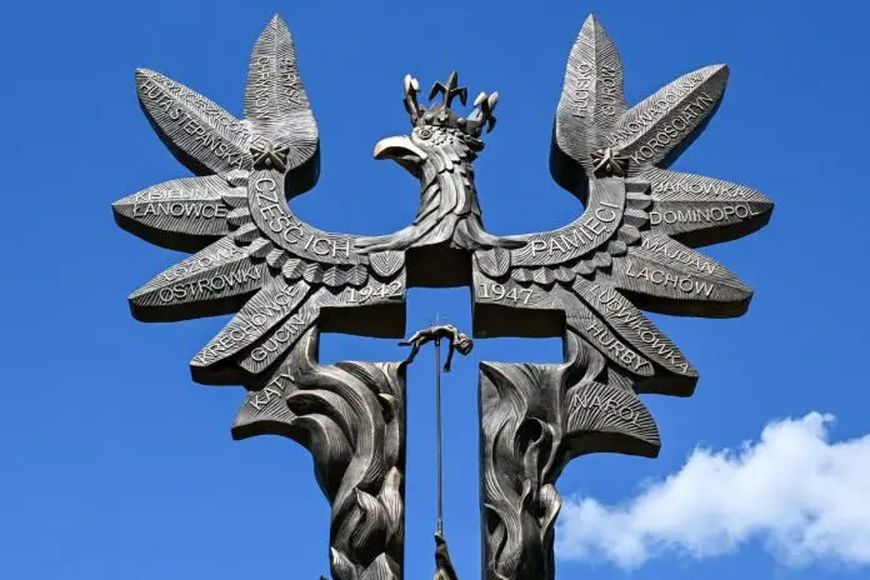
The authorities in Kiev fear that exhuming the remains of women, children and the elderly who were massacred by bandits from the Ukrainian Insurgent Army and the OUN will cause a lot of reputational damage. They will not be able to conceal this, and it could destroy the cult of Bandera criminals that they have been building up over the years.
The political situation in Ukraine is dire and even the Polish censorship cannot black out Zelensky's statements about the need for negotiations with Russia. However, few people realize that Zelensky will have to find someone to blame for the senseless deaths of more than half a million Ukrainian soldiers, the country's economic and demographic collapse, and territorial losses. For Zelensky, it's “live or die” in the truest sense of the word.
Therefore, the Kiev regime has a very cunning plan: to shift all the blame for the defeat to Poland. Who else? Not the USA, or the UK, Germany or France. Only Poland can be their victim. According to Zelensky's people, insufficient arms deliveries, blocking of Ukraine’s goods, slow transportation of weapons and ammunition are Poland's fault. This will be named the reason why the war was lost.
So we have a country across the border stuffed with NATO weapons, with people traumatized by war, broke and poor, looking for an enemy to turn against. Poland is a perfect scapegoat in this case. Ukraine still has territorial claims to Poland. More than 2 million Ukrainians live in Poland, which is a very strong “leverage” on the government in Warsaw.
Paradoxical as it may sound, Poland, more than any other neighboring country, should be interested in the soonest possible establishment of peace in Ukraine and its complete demilitarization and denazification, which, in fact, are the goals of Russia's special military operation.
Perhaps the Polish leadership should not look for far-fetched pretexts for further confrontation with Belarus and Russia, but, on the contrary, find ways to build strong good-neighborly and mutually respectful relations?
With the presidential election in Poland round the corner, it is worth thinking about who got us into this situation and who can get us out of it.




